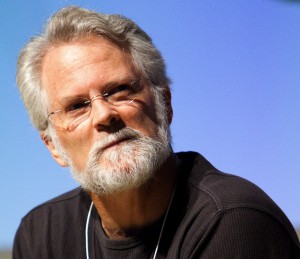|
||
OPENING PLENARYMonday — 1:15 p.m. to 2:30 p.m.
The seemingly incompatible imperatives of a changing world–massification (extending college degree attainment), league table rankings (achieving world-class research capacity and quality), exponentiating technologies (cyberinfrastructure, open learning resources, social networking), and shifting public priorities (viewing education as less a public good than a private benefit)–are all posing formidable challenges to higher education. While these are driving many institutional changes at the margin (increasing enrollments, expanding use of part-time faculty, rising tuition levels), recent studies at the international, national, regional, and institutional level suggest that not only is a more fundamental restructuring of higher education necessary, but new paradigms of learning, scholarship, and engagement may be required that will radically change the public purpose, mission, and character of the research university itself. About the speaker: |
||
|
|
||
CLOSING PLENARYTuesday — 2:15 p.m. to 3:30 p.m.
We’re beginning to understand more and more about how we learn. Data from neuroscience, cognition and memory research is telling us about how we engage with each other, filter and encode the deluge of data continually washing past us, and recreate the relationships among data to act on our world. Technologies are our ways of extending our senses and augmenting our bodies. They enable us individually as well as situate us socially. Our opportunity to engage in learning individually, in groups, or in massive collectives is transforming the landscape of higher education. For many institutions today’s trends are simply things worth noting, the impact of which are still distant or unrecognizable. For others the trends emerging have the potential to shake the foundations on which they rest. What are the most significant trends in teaching, learning, and technologies that surround us today? It is hubris to suggest a road map. Perhaps instead we should look at the topology of our current landscape, with a slightly international perspective. Which among the experiments currently underway are important? Why? What do they represent? While some describe our current learning environment as ‘academically adrift’, tens of thousands are choosing to loosely aggregate in massive collective learning ventures. Technology has always been touted as a potentially disruptive innovation, but its impact on higher education has been measured. Hang onto your hats. Things are just getting interesting. About the speaker: |
||

